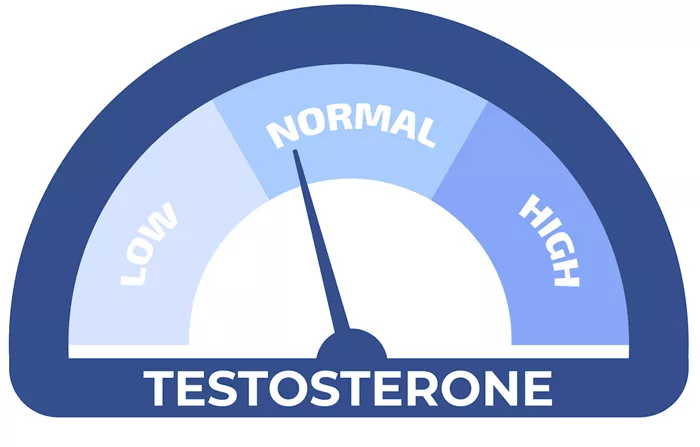Masturbation offers many health benefits such as reducing stress, improving mood, and aiding sleep. It may also lower prostate cancer risk and contribute to longevity. But does it change testosterone levels? Experts clarify the facts.
Dr. Brian McNeil, chief of urology at SUNY Downstate Health Sciences University, notes that studies have not found a clear, lasting link between masturbation or ejaculation and testosterone levels.
While testosterone may temporarily rise during sexual arousal, this effect is short-lived and does not sustain increased hormone levels. Testosterone itself influences libido and sexual function; low testosterone can reduce sex drive and cause erectile difficulties, signaling a need for medical evaluation.
Contrary to common myths, masturbation does not lower testosterone. Dr. James Hotaling, a urologist at the University of Utah, explains that testosterone naturally fluctuates throughout the day, making it difficult to isolate any effect from sexual activity.
Research shows mixed results: some studies find minor temporary changes in free testosterone after masturbation or abstinence, but these do not significantly impact overall hormone levels.
Regarding testosterone testing, ejaculation shortly before a blood test is unlikely to skew results. Testing is best done in the morning when testosterone peaks. Sexual health symptoms such as low libido, erectile dysfunction, and reduced semen volume may indicate low testosterone and warrant medical consultation.
Treatment options like testosterone replacement therapy exist but require careful monitoring and discussion about fertility implications.
In summary, masturbation neither raises nor lowers testosterone in any meaningful or lasting way. Sexual health is a complex interplay of hormones and behavior, and persistent concerns about libido or function should be addressed by healthcare professionals.


